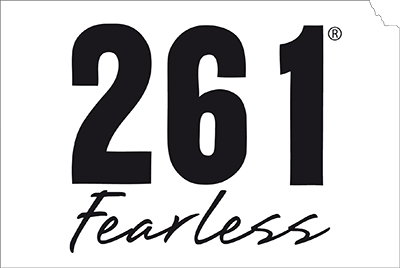What's going on?
Your bladder is a muscular bag which fills up and shrinks down, a bit like a balloon. It sits on a sling of muscle called the pelvic floor which runs from your pubic bone at the front of your pelvis, right through to your coccyx at the back. It supports all your pelvic organs including your bladder.
If your pelvic floor muscles are weakened, then the extra pressure added by jumping or running can be enough to cause urine to leak out of the bladder. Pelvic floor muscles can be weakened by being pregnant when a heavy baby jumps about on them for nine months. Pushing in labour and difficult deliveries can also cause damage. Don't forget that being constipated and straining on the toilet also puts pressure on your pelvic floor, as does being overweight. As you go beyond the menopause and your oestrogen levels drop, stress incontinence often starts or gets worse because the tissues in your pelvis are generally less bouncy and elastic.
What can you do about it?
The first thing to do is look at what you can change. You can't hand back your babies - although at times you may want to (!) and you can't stop the natural ageing process. You can however look after your pelvic health by taking some simple steps:
1) Train your pelvic floor muscles. Like muscles anywhere in the body you need to do this regularly and consistently. They aren't going to get stronger if you just give them a quick squeeze whenever you remember. You also need to be certain you're doing them correctly and it takes time and patience to master them. It's important to do pelvic floor exercises regularly for a few weeks after you've given birth before you return to running, you can build up to a brisk walk while you're doing this.
2) Keep an eye on your weight. Being overweight adds to the pressure on the pelvic floor and there are women who find that wedding their excess pounds makes a significant improvement to their stress incontinence. Heathy eating, plenty of exercise and A LOT of determination are key.
3) Reduce your sedentary time. A major cause of a weak pelvic floor is weak gluteal muscles. These are the muscles in your bottom. If you sit a lot for work, then yours are probably underused. Make sure you get up every 20 to 30 minutes and have a walk about for a couple of minutes and add lots of squats and lunges into your conditioning regime.
4) Seek help if things aren't improving. It takes a minimum of three months of good quality regular pelvic floor exercises before you can expect to see an improvement in your continence. If the exercises haven't helped or you just aren't confident that you're doing them effectively then seeking help is crucial. This is often the step that women miss because they either don't realise that help is available or they're too embarrassed to ask for it. Make an appointment with a women's health physio - in the UK you can do this privately or via your GP. They will assess your pelvic muscle strength properly and advise you on how to do the exercises. They may also use devices such as pelvic toner probes which are inserted into the vagina to test the strength of your squeeze, some use an electrical current to squeeze very weak muscles. There are also things such as vaginal cones and weights (yes, weight training for the vagina!) to improve your pelvic muscle strength. If their input doesn't solve your problems or they pick up other issues such as prolapses then they will refer you on to a gynaecologist who will carry out tests on your bladder and decide if there are any surgical options that will benefit you. Surgery isn't usually done until you have completed your family.
Exercising with stress incontinence is miserable. Pads are better than they used to be and some re washable and re-usable which is better for the environment. Skorts and dresses will hide pads but many women just opt for dark capris and hope no one notices any wet patches. It's tempting to reduce your fluid intake but this isn't safe over long distances or on hot days so be careful. Try to empty your bladder properly before you run and plan a couple of toilet stops en route - or a favourite bush to crouch behind - to make you feel more confident.
Above all, don't be embarrassed to get it sorted out. Millions of women are in the same boat and you don't just have to grin and bear it.



